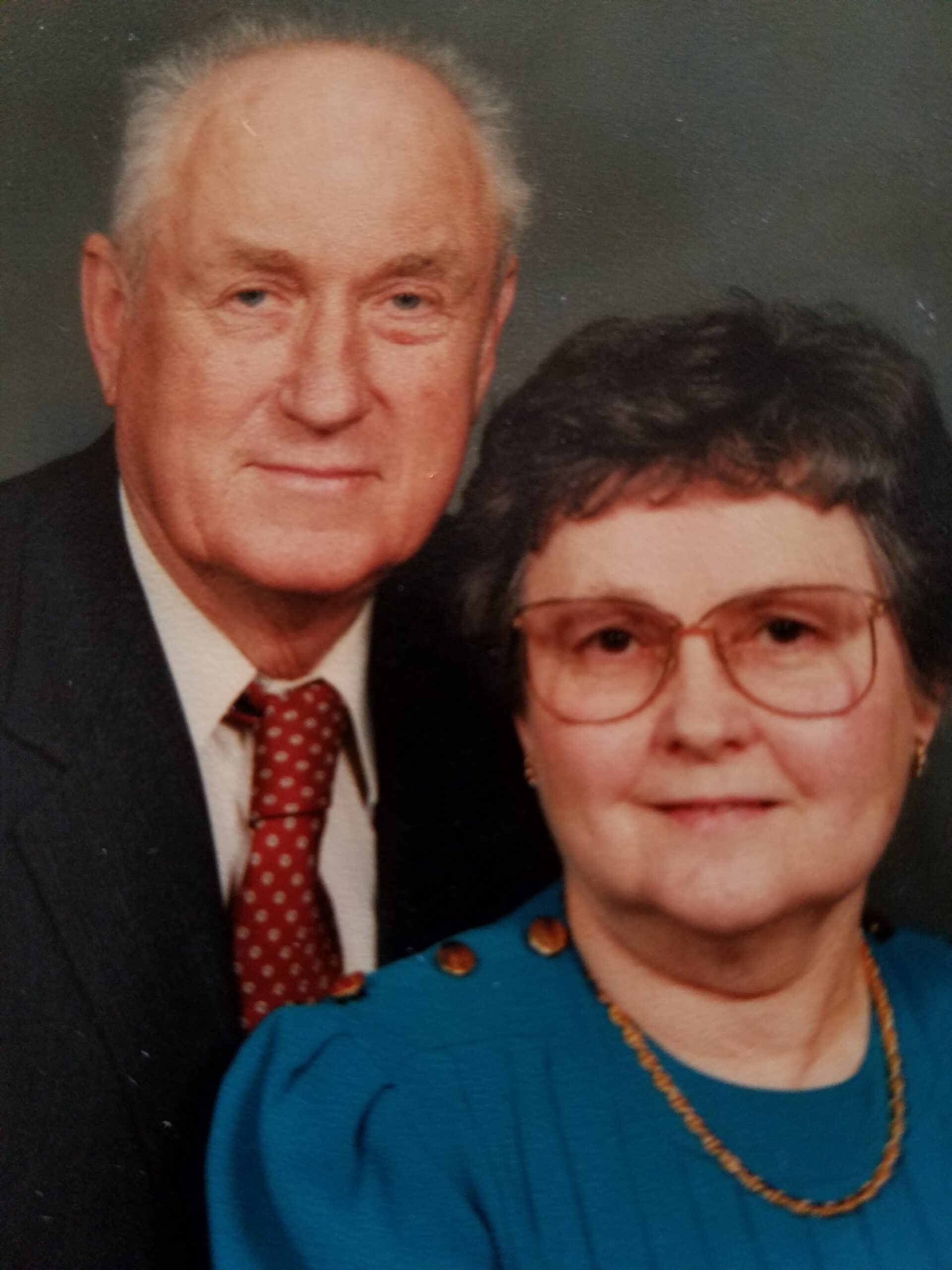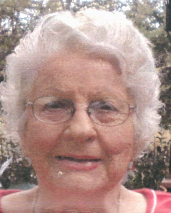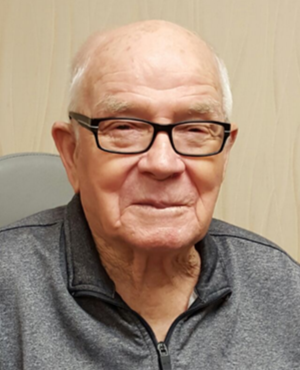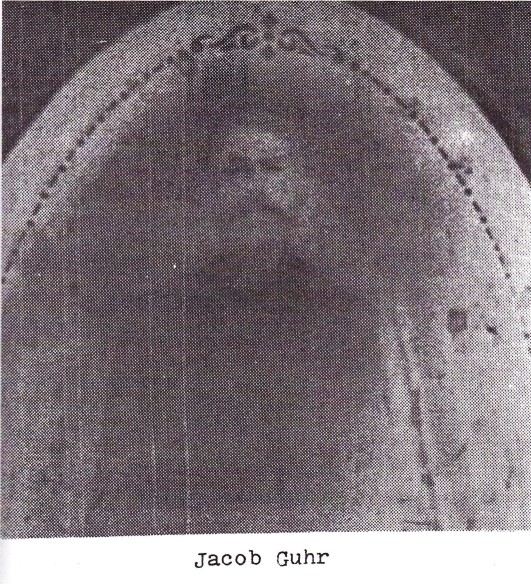Marilyn Schmidt Flaming is the wife of Mel Flaming, who is the son of Solomon “Dick” and Rose Guhr Flaming.
Faith Life Story and Journey by Marilyn Flaming
“O house of Israel, can I not do with you as this potter does?” declares the LORD, “Like the clay in the hand of the potter, so are you in my hand, O house of Israel.” Jeremiah 18:6
♬♪♪♪ Have Thine own way, Lord, Have Thine own way,
Thou art the Potter, I am the clay.
Mold me and make me, After Thy will,
While I am waiting, Yielded and still.
This is my FAITH JOURNEY with GOD’S Influences that shaped my Faith. Those influences came through many different avenues.
When Mel and I started dating, I was in Bethel Deaconess Hospital, Newton School of Nursing and he was at Tabor. We had a pre-arranged marriage (HA!). Our relationship started as a blind date in 1967, initiated by Rose and my mother’s sister, Aunt Linda Guhr. No longer blind, we opened our hearts to each other and I am so happy that he pursued me (from Hillsboro to Osawatomie and then Kansas City).
He, being a Conscientious Objector, and I discussed where we wanted to serve and therefore live for a couple of years. MB Missions and Services helped direct us to a Voluntary Service opportunity with John Kliewer in Nebraska. We would get jobs in our fields and our income would go to Missions/Services who would in turn find us housing and give us $80/ month for living expenses. We stayed with parents after the wedding in 1969 for about 4 weeks while waiting for housing in Lincoln, NE. That move had a huge impact on my Faith.
The MB church in Lincoln, Nebraska was a church plant by an Evangelist in 1959 and started as a Bible Study with 4 families. This is where we started attending in 1969, directed there by our VS organization saying we needed to be involved in an MB church. There were about 55 people attending. It was August 1969.
Pastor Gil Rugh, the new young pastor, came with a desire to lead the church through in-depth, systematic Bible teaching. The congregation devoured the deep truths of the Word as well as the basics, and ministries were developed for all ages. I would say for the next 6 ½ years, we had an education in the Scriptures, with exposition and systematic teaching, 45 minutes of teaching morning and evenings on Sundays (spent a year in some of the books, like John).
During our time there Mel was treasurer and on the building committee as we needed space to accommodate now hundreds of people. We had small group Bible Studies where I learned more about what a commitment to Jesus was. I heard people talking about a specific time in their lives when they trusted Christ, and I started doubting I had had a real spiritual birthday. I was lacking the assurance in my understanding of Salvation. Hebrews 7:24-25 says “But because Jesus lives forever, He is a permanent priest. Therefore, He is able to save completely those who come to God through Him, because He always lives to intercede for them.” (Completely, Always, Forever!) God said it, I believe it, That settles it! (That’s a song too.) Yes, I had been going to church, had a catechism class to learn about what it means to be a Christian, and I was baptized in 1963, but I don’t remember hearing these truths.
It was encouraged by my home church that at a certain age the youth should be baptized. I believed in the Salvation message and accepted it as mine but it seems that’s as far as it went.
In Lincoln, I was in the choir and taught in a children’s program on Wednesday nights. I was in a Praise band, the first time I had seen drums and guitars in church.
During these years God taught us systematic giving. We learned how to live on a budget, on the $80 a month we got from Missions/services.
FAST FORWARD
We finished our VS (Voluntary Service) and were thinking about starting a family and getting out of a basement apartment for two, not yet ready to leave Lincoln. We moved to a rental house, fixed it up, and then bought our own house in a couple of years.
Our children were born in Lincoln, in 1973 and 76. Mel was getting tired of the smoky environment of his office, I had quit my job (Orthopedic clinic) during my pregnancy with baby number 2 and we got a call from Mel’s father that there was a house on 160 acres for sale and Mel should look at it, move close to the home place and help farm and raise pigs.
I had my friends, my church, a recently purchased 3-bedroom home with a garden, walking distance to school, grocery store, and close to church. Move????? Really God? The call from Mel’s Dad came in Early Spring and on Easter Sunday 1976 a family came to look at our house and said yes (if we throw in the swing set). The day before we would give it to a realtor, it sold. We got our selling price and were scheduled to move out in 30-45 days.
I had come to Lincoln thinking I was working for the Lord, going to church and being involved. God showed me so much more. It was the teaching, the support and encouragement of many friends that gave a jump start to my maturity as a believer. This was my growth spurt.
We came back to Kansas May, 1976 with a 4 month old and 2 ½ year old to a 100 year old house with snakes and mice in it. We didn’t know what the next year held for us.
After only 5 months of farming, we found out the economy was not so good for pig and grain farmers. It wasn’t supporting 3 families (his brother too) and there was a new business opportunity Mel’s Dad found. We moved again. We sold 2 houses in one year. God was not done moving us.
In 1977 Mel, brother Del and Dad formed a limited family partnership in construction.
I love to tell that amazing series of events because it shows God’s orchestration taking us through ups and downs but with the encouragement of our families and friends, here we are. Thank you for your support.
Mel’s parents, especially Rose, his mother had scripture in her heart and on her lips. She always wanted to know how it was with people and the Lord. Often, she’d say “Do you know my Lord?” One of Rose’s favorites:
This is the testimony… He who has the Son of God has life, he who does not have the Son of God does not have life. These things I have written unto you who believe in the name of the Son of God, that you may KNOW that you have eternal life. 1 John 5:11-13
My influence in becoming a nurse: My ‘dream’ from 2nd grade on. I have memories of the hospital when my younger brother, Larry, who had polio at 15 months of age resulting in lower limb paralysis, had many hospitalizations. I was 3 then. We got to visit him through a window of the hospital. Later he had corrective surgeries and more therapy. He had to do some chores too. Dad made him a walker in his welding shop. Mom and Dad never ‘babied’ him though he needed help walking, going to the bathroom, etc. I got to give some of his care early on.
♪♪ “A CHARGE TO KEEP I HAVE, A GOD TO GLORIFY’ To serve the present age, My calling to fulfill; Oh, may it all my powers engage to do my Master’s will.
It was another God ordained influence in 1978 when Phoebe Jost, the director of nursing at Salem Home, who was attending Parkview MB Church, asked me to come ‘special’ for a person on the ventilator (that means one on one person to patient). Mel and I had been talking about the need for a second income to help pay the groceries! Now I was back to work, evening shift. I have to give a lot of credit to my sis-in-law who watched Ryan and Annette until Mel got off work. God used this time to grow me as a nurse. This was my first experience in a hospital setting as a registered nurse.
While there I got a call from a physician in Newton who was starting an outpatient surgery center. In 1989 that was a very new concept. In a few years Newton Medical Center bought out the surgery center and then I was employed by them and moved to the current location. So my last 20 years of nursing I was able to do patient care, have weekends off and work with people who loved Jesus. We’d talk about Him at work. I asked people if I could pray with them and only one time in 20 years did someone say “No, I’m fine”. I have friendships to this day that started with a prayer before their surgery.
Memorizing Scripture encouraged me.
Psalm 100 “Make a joyful noise unto the Lord” was memorized in 8th grade. At Parkview we had small group Bible studies where we memorized scripture. We recited them and held each other accountable. I had 20 minutes in the car going to work at Salem Hospital when I could say 72 verses.
Encouragement has influenced and shaped me.
-
- Parents
- Family (Del and Margaret and 1 year old let us stay with them for 1 week as we waited for our house in the country.)
- Music
- Teachers (SS, Grade School, Nursing classes, Pastors)
- Church leaders
More encouragement came from:
-
-
- Friends
- Dick and Rose Flaming
- Scripture
- The children that I see on Wednesday night that give me hugs around my legs
-
Hebrews 5-6 talks about drifting, being dull, sluggish. There were those times too. But for the Grace of God. . ..
♬♪♪♪Heaven only knows how I’ve been blessed
With the gift of your love
And I look around and all I see
Is your happiness embracing me
Oh Lord I’d be lost…… But for the grace of God
I believe in the Finished Work of Christ. He is “My Enough.” When God looks at me, He sees Jesus who is in me. My sins, past, present, and future are on His credit card that is pre-paid!
♬♪♪♪He’s still working on Me, to make me what I ought to be.
It took Him just a week to make the moon and stars, Sun and Earth, and Jupiter and Mars. (It takes a lifetime for us.)
How loving and patient He must be.
He’s still working on me.
As of today, September 1, 2023, I can say I am still growing in my faith. We still attend and serve at Parkview MB Church, Hillsboro. I facilitate a ladies weekly Bible study, and serve on the ‘Social Committee’ with Mel to plan funeral meals, potlucks, etc. A joy for me is singing for 30 years. I have led the children’s groups of Awana and Team Kid in music on Wednesday evenings (ages 3- 5th grade).







